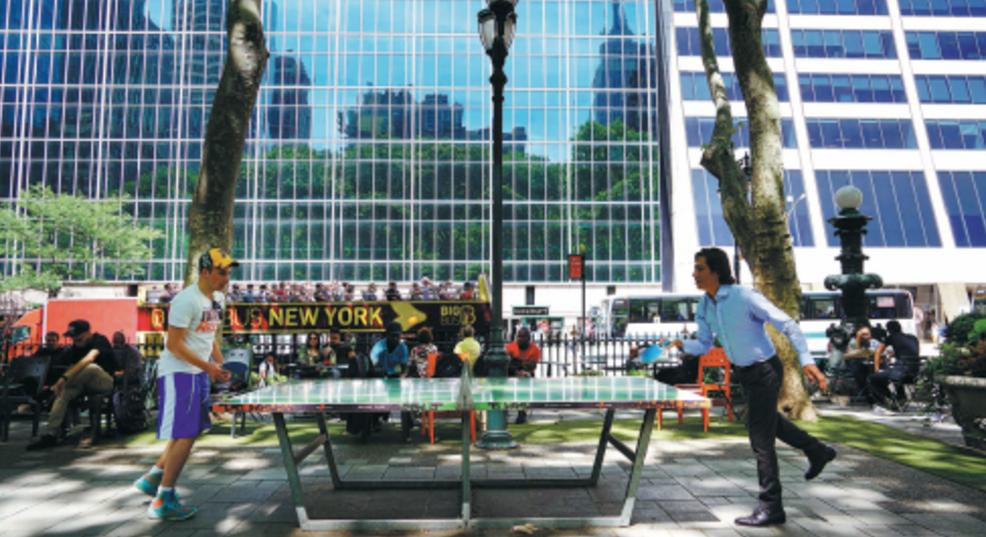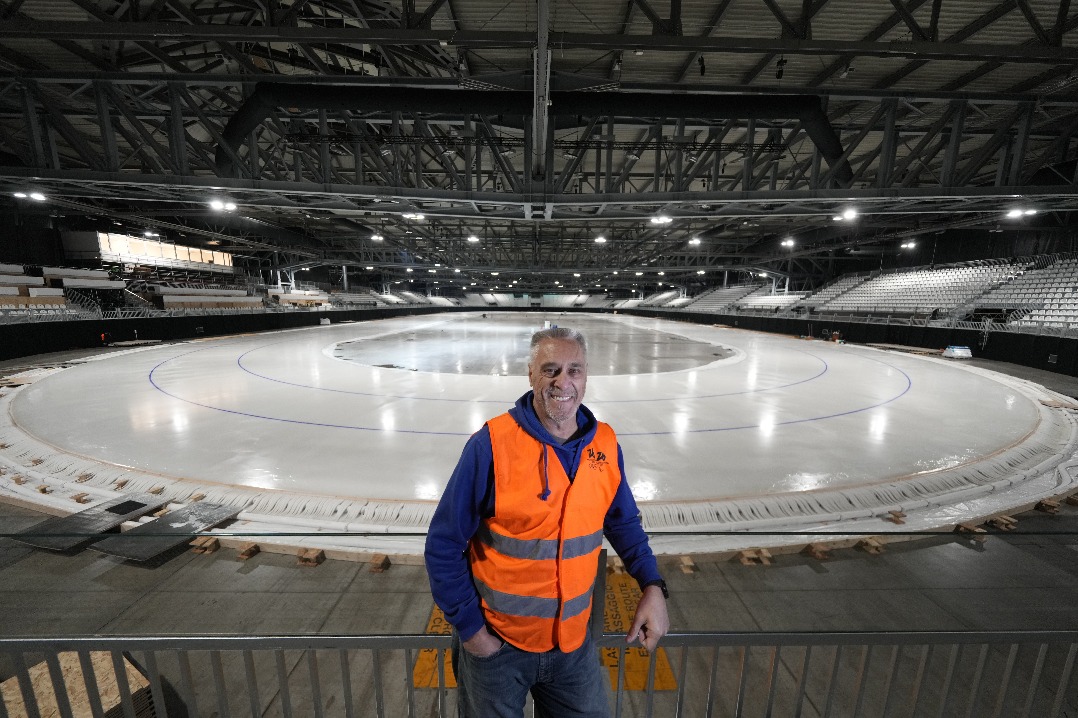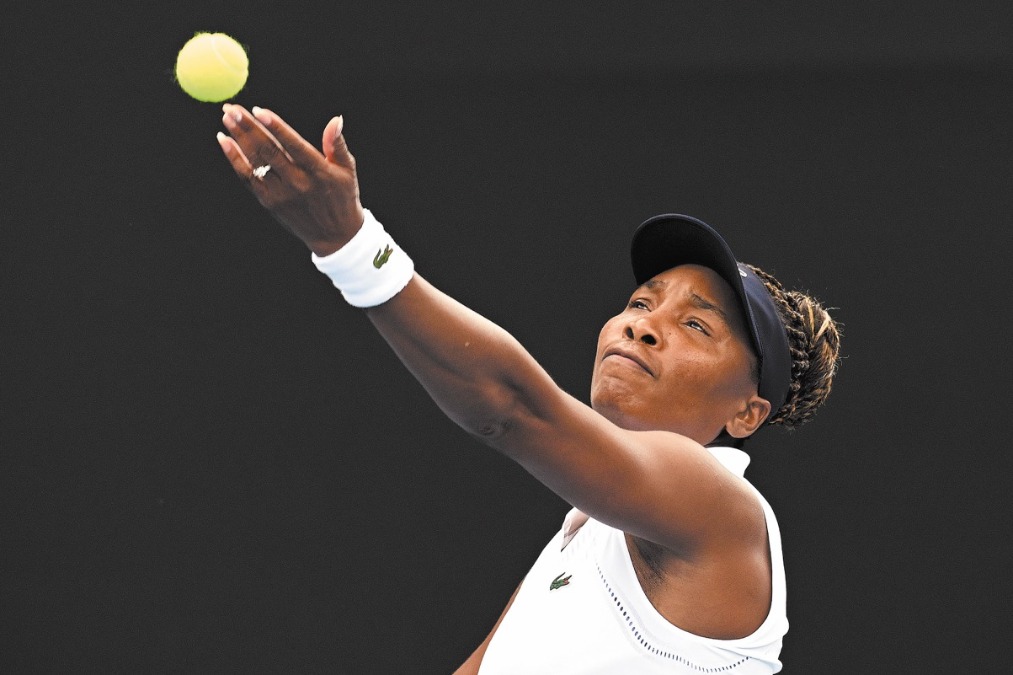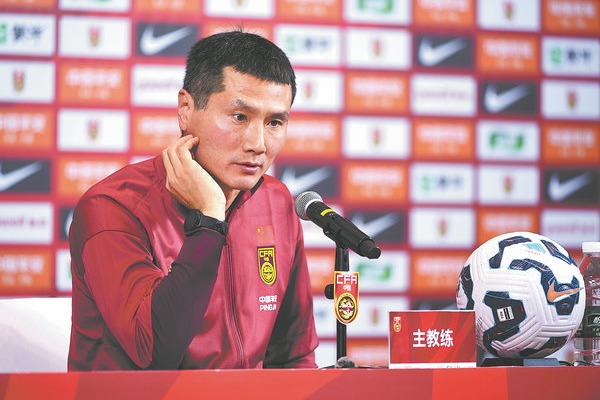Ping-pong turning the tables


Paddle sport shaking its basement image while vaulting to unprecedented popularity in US
It's lunchtime in midtown Manhattan, where one corner of Bryant Park is abuzz with the unmistakable sound of table tennis games in progress.
The game zone is populated by a cross-section of New York life, some sweating it out in shirts and ties, school uniforms or dresses.
Others look the part in vests and shorts and brandish professional paddles - red rubber on one side to increase strength, and black rubber on the back to increase friction.
"People who are serious about the game bring their own paddles," said 60-year-old Baolong Huang, a regular on the tables, which are open to the public from 11 am to 8 pm daily.
A sign-up sheet several pages long is testament to the popularity of the facilities, with people waiting up to 30 minutes for a table.
"It is something to do while you are on your lunch hour," said another regular, Jeremiah Lee. "You don't have to just sit in your office eating your food. You can go to the park and play a game. It is something to enjoy."
Like Lee, many New Yorkers find the tables a much cheaper, convenient and socialable alternative to gyms.
According to stats service Statista, table tennis participation in the United States has been on the rise since 2006, with 17 million people - about five percent of the population - enjoying the sport in 2016.
That figure compares favorably with basketball (22 million) and tennis (18 million), and nowadays ping-pong tables are commonplace in bars, parks and community centers.
Basement days
Wang Chen, a former Chinese national athlete and 2008 US Olympian, recalls a time when things were a lot different for table tennis enthusiasts.
She'd often drive for over two hours to find the nearest game, and was sometimes reduced to practicing in her neighbor's basement with kids and amateurs.
She taught the game in churches, basements and bars, working in New Jersey, Delaware, Philadelphia and New York.
"Some of my students were even seniors who had bypass surgery, but eventually everyone came to love the sport," said Wang, who in 2004 opened the Wang Chen Table Tennis Club in Manhattan.
SPiN, a trendy nearby bar which describes itself as "a ping-pong social club", attracts an eclectic clientele, from corporate parties to hipsters.
Wang said SPiN customers looking to take things more seriously eventually gravitate to her club for professional training.
Most Popular
- China reaches knockout stage for first time in AFC U23 Asian Cup
- China ties Iraq 0-0 in its U23 Asian Cup opening match
- A learning curve
- Russian team wins Harbin International Ice Sculpture Competition
- Worldloppet ski season opens with Changchun cross-country event
- Women's half-marathon draws 20,000 runners to Guangzhou





























